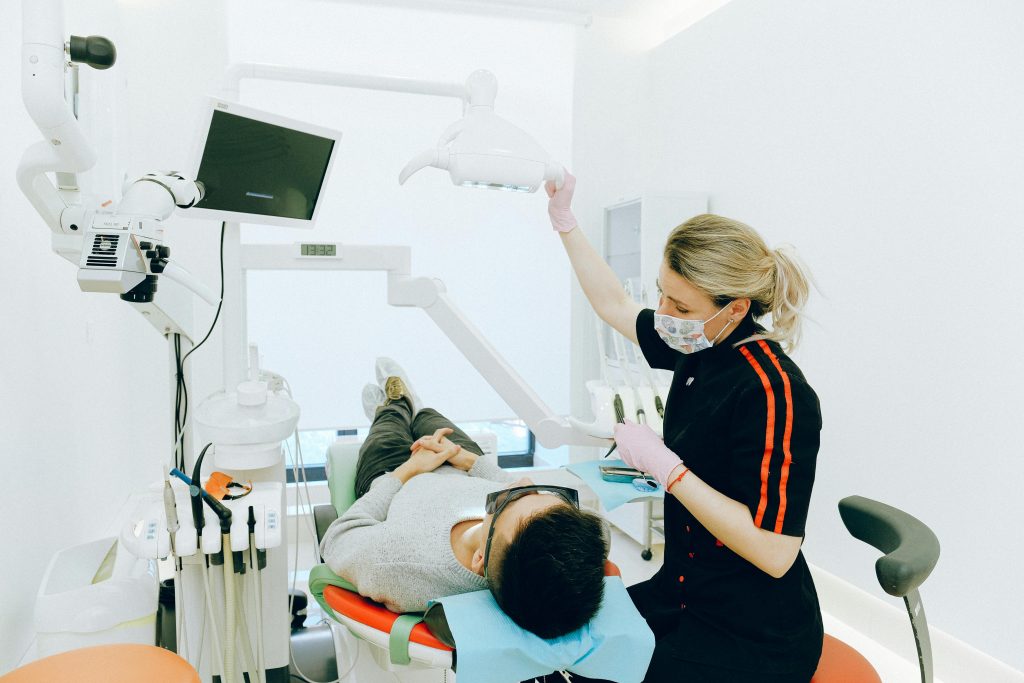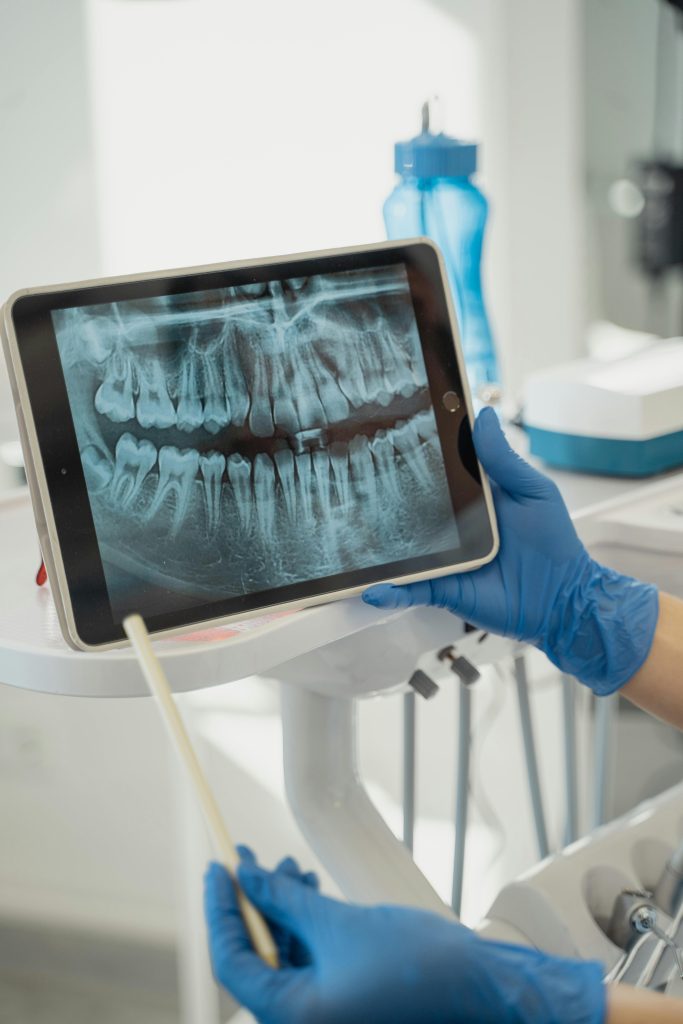
While health insurance is essential, is dental insurance really worth it? This really depends on your dental health and how much you want to spend. For someone who doesn’t go to the dentist often, paying for an insurance plan might feel like a waste. But, if you have a more complicated dental history, you may need the coverage. Here we’ll discuss questions to consider to see if dental insurance is right for you.
What Does It Cover?

Preventative care is usually fully covered including annual exams, x-rays, and cleanings. Some dental procedures aren’t covered. Be aware that there are also annual maximum limits with most plans as well. Most plans have a 100-80-50 coverage structure depending on the procedure. For example, cleanings could be covered at 100%, 80% could be covered for fillings, and 50% could be covered for crowns. Waiting periods may also apply for certain dental care, so you may have to wait up to six months to use your insurance for things like root canals. Plans for individuals and families also tend to cover things differently. Ultimately, be sure to read the fine print before signing up for dental insurance to make sure it fits your needs.
How Often Do You Go to The Dentist?
If you have healthy teeth, you may not need dental insurance. For example, if you only get an annual exam and cleaning, you may not require insurance. However, if you require additional dental work like crowns, dentures, or fillings you may need insurance to help cover these costs. Consider your risk factors by taking account of preexisting conditions that may reduce your oral health like cancer, diabetes, or cardiovascular disease, your diet, tobacco use, and alcohol consumption. If you are at a higher risk, it may be smart to carry dental insurance.
Does It Save You Money?

You’ll have to do the math depending on the cost of your plan and what your dentist charges for visits. For example, if you visit the dentist twice a year for $500, but your premium is $600 then you’re wasting your money. However, if your employer offers a low-cost plan and you’re only paying $20 a month then having dental insurance makes sense.
Consider Alternatives to Dental Insurance
Dental discount plans save you money on everything, regardless of the procedure. There are no exclusions, maximums, or waiting periods for savings plans. There’s usually a fixed flat discount for all the care you receive. So, you’ll save money on every dental visit. Ask your dentist if they accept dental savings plans before signing up for one.
Dental payment plans are another option for paying for your services. Most dental offices will allow you to set up a payment plan for major work that may be expensive. The same is true for oral surgeons or orthodontists if you need dental implants or braces.
A Health Savings Account (HSA) or Flexible Spending Account (FSA) can also help you save money on dental care. With an FSA, pre-tax dollars can be set aside from your paycheck to cover health-related expenses including dental care. Both can also work in tandem with dental insurance.
Making a Decision about Dental Insurance
Contrary to popular belief, dental insurance is not necessary for everyone. Consider if it would make sense for you and your family before paying more for a policy that you underutilized. If your family is just going in for their routine cleanings and exams, it’s not likely that you need this type of coverage. At the end of the day, the decision is yours. You should always do what works best for your situation.
Do you have dental insurance? What has been your experience with this type of coverage?
Read More
- 7 Unbelievable Yet True Cases of Identity Theft
- State Disability Insurance vs. Private Disability Insurance: Which Is Right for You?

Teri Monroe started her career in communications working for local government and nonprofits. Today, she is a freelance finance and lifestyle writer and small business owner. In her spare time, she loves golfing with her husband, taking her dog Milo on long walks, and playing pickleball with friends.
